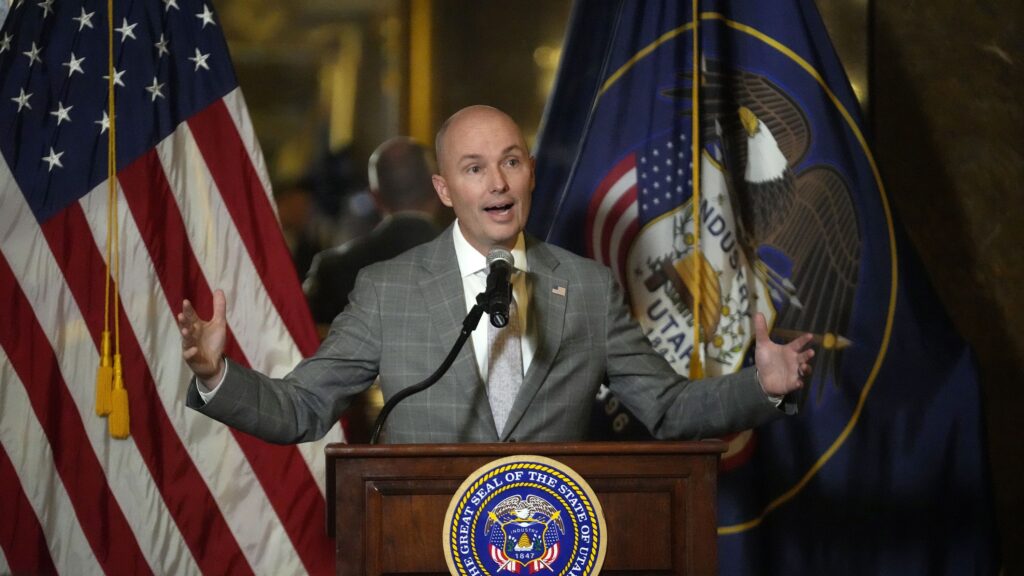SLOAN | Denver council’s halfway house of mirrors


Denver’s self-inflicted community corrections mess, to the surprise of no one except City Council, keeps getting worse, and the city’s taxpayers will be on the hook.
You will recall that last year the Denver City Council cancelled existing contracts with two private prison firms, CoreCivic and GEO, to provide halfway house services to the city, when Councilwoman Candi CdeBaca threw an impromptu temper tantrum in the chamber over the fact that the two firms a) happened to run facilities that held illegal immigrants, and b) handled the job of incarceration of offenders far more efficiently than government could dream of.
So the two contracts were abruptly ended, throwing the city’s well-run community corrections programs into disarray. Denver suddenly faced the question of what the hell to do with some 500 or so transitioning inmates once their transitional facilities were taken away, due not to poor performance, but to ideological bias.
Thankfully, CoreCivic magnanimously agreed to keep on with a temporary contract until June 2021; softening the blow, but still leaving the city with the curiously unexplored question of with what to replace the forsaken facilities – not to mention the loss of state dollars for community corrections, which had been allocated on a prior-utilization basis.
So here we are six months away from the new halfway house zero-hour, and, praise be to God, City Council has been presented a proposal for a new contract, with two entities, to provide halfway house services for about the same amount (roughly $10 million) as the CoreCivic/GEO contracts. A couple little wriggles though: A) half of the contract is with another, for-profit corporation, and B) the $10 million buys less than half the beds they lost when they told CoreCivic/GEO to go home. Oops.
Concerning RRK Enterprises Inc. (DBA Independence House, run by Manny Rodriguez), the private firm nominated for half the contract (the University of Colorado Health Sciences Center Addiction Research and Treatment Services is nominated for the other half), I have nothing against them; they seem to have some experience, and will probably do an all right job (some reports of mismanagement issues in the past notwithstanding), but it begs the question: why go to all this circumlocutory trouble just to give it to another for-profit corporation? Did RRK bid previously for the halfway house contract? If so, why were they not chosen last time? Is it simply because it is politically opportune for some on city council to give the contract to a discreet, closely-held for-profit with strong local ties rather than to a corporation accountable to shareholders?
But that’s not the greatest issue here. Let’s review: the new contract totals are worth $10 million combined, just under the $10.6 million council was supposed to approve in renewing the CoreCivic/GEO contracts last year, which provided some 500 beds. The two new contracts provide 231 beds. In other words, the city managed to get half the quantity for all the price.
Division of Community Corrections Director Greg Mauro said that the city’s community correction program encompasses three tiers, the top tier being the most intensive and featuring such things as serious substance abuse and mental health programs, sex offender management, and behavioral therapy. He said the city requires around 550 beds total, the top tier requiring 300 of those. The $10 million contracts the Denver City Council’s Safety Committee approved to be sent to the full council doesn’t even provide enough beds to meet the top tier requirements, and the 250 that CoreCivic graciously offered to keep open temporarily are going away in June. So by June, they need to find yet more money to finance at least another 300 or so beds.
Could the situation get any worse? Well, we’re talking about Denver City Council, so yes, it can. On top of all this, the Denver City Council’s Land Use, Transportation and Infrastructure Committee earlier this week approved a lighter version of a new zoning proposal, which, while stripping a provision to build hallway houses in purely residential areas still allows them close, in “commercial corridors, where there is better access to transit and jobs”; meaning instead of near homes, schools and parks they will be beside the bus stop your daughter waits at or the 7-11 your son stops at on the way home from school. Brilliant.
This whole halfway house debacle is emblematic of what happens when ideological intoxication replaces reason, judgement, and responsible leadership in the halls of government. And this is a city council, we are reminded, that wants even more control over decisions.













